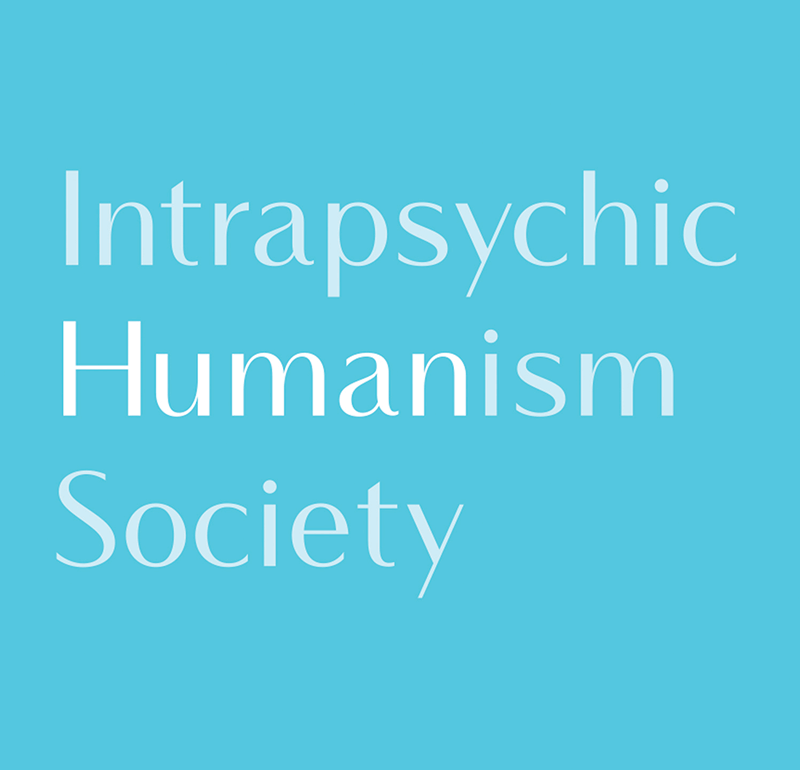Seminar Series 2, Part 2
Seminar Series 2, Part 2
CHAPTER 2 – Pre-Eidetic Stage
The Primary Need for Personal Meaning: Developing Self-Worth
through the Caregiving Relationship during the First Year of Life
with Applications to Childrearing and Clinical Practice
Carla Beatrici, Psy.D., and Marian Sharkey, Ph.D.
Member Rates: Regular: $90 | Early Career Professional: $75 | Student: $60
Non-Member Rates: Regular: $100 | Early Career Professional: $85 | Student: $65
3 CEs for Psychologists, Social Workers, and Professional Counselors
Seminar Series Description
In this continuing education seminar, we explore the unfolding process of developing personal meaning and unconditional self-worth during the latter stages of a child’s first year of life. We explore the significance and personal meaning of key developmental milestones, including separation anxiety and eidetic internalization whereby the baby internalizes their first symbolic representation of the caregiver by the end of the Pre-Eidetic Stage. We consider how each stage of development is prompted by a developmental loss that is mourned within the caregiving relationship and provides the infant with new psychological structure that advances their developing sense of personal agency and self-worth. We discuss the infant’s specific caregetting needs during these stages and how caregivers can understand and respond accurately to these intrapsychic needs. We explore how these developmental concepts can be applied in child rearing, parent counseling, child play therapy and adult psychotherapy to help children and adults acquire inner well-being and stable self-worth.
Learning Objectives
At the conclusion of the program participants will be able to:
- Describe how the baby’s capacity to use nonveridical (illusional) experiences as having the meaning of causing their caregiver’s love facilitates their interpersonal (e.g., motor, cognitive) development during the illusional gratification phase.
- Describe how the baby’s capacity to illusionally use the caregiver’s presence as having the meaning of being loved and causing that love is protective when their caregivers pursue personal motives.
- Describe the developmental loss of Primary Separation Anxiety.
- Describe Eidetic Internalization and how it facilitates the baby’s development of personal meaning.
Seminar Leaders

Carla Beatrici, Psy.D.
Vice President for the Collaborative Partnership with Smart Love Family Services
Dr. Carla Beatrici is a Clinical Psychologist with over 30 years of clinical experience providing psychotherapy to individuals of all ages and with a specialization in child and adolescent mental health. Dr. Beatrici is the Co-Executive Director and Clinical Director of a not-for- profit organization Smart Love Family Services located in Oak Park and Chicago. The clinic provides a range of services including counseling for all ages, testing services, and parent education seminars. Dr. Beatrici runs the counseling program where she provides clinical training and supervision to ensure the provision of high quality mental health care. She has also developed and implemented Smart Love and Inner Humanism® staff training programs for healthcare professionals in many settings, including Easter Seals, Early Head Start, the American Medical Association, and Children’s Memorial Hospital. These trainings focus on helping caregivers create positive caring relationships with children as a way to build stable inner self-esteem. Dr. Beatrici is an adjunct Clinical Assistant Professor at Loyola Medical Center where she teaches Developmental Theories to psychiatry residents.

Marian Sharkey, Ph.D., LCSW
Dr. Marian Sharkey is the Director of training at Smart Love Family Services where she provides clinical training and supervision. She has been in private practice for over 25 years and has worked with individuals of all ages in a variety of inpatient and outpatient community mental health and psychiatric hospital settings. Dr. Sharkey received her M.S.W. and Ph.D. from the School of Social Work at Loyola University Chicago where she was the founding editor-in-chief of the school’s journal, Praxis: Where Reflection & Practice Meet. She has been an adjunct faculty member in the School of Social Work at Loyola University and serves on the Board of the Intrapsychic Humanism Society. Dr. Sharkey has presented at local and national conferences on the topics of the reflective use of theory in clinical practice and the theoretical principles and practice of Inner Humanism®.
